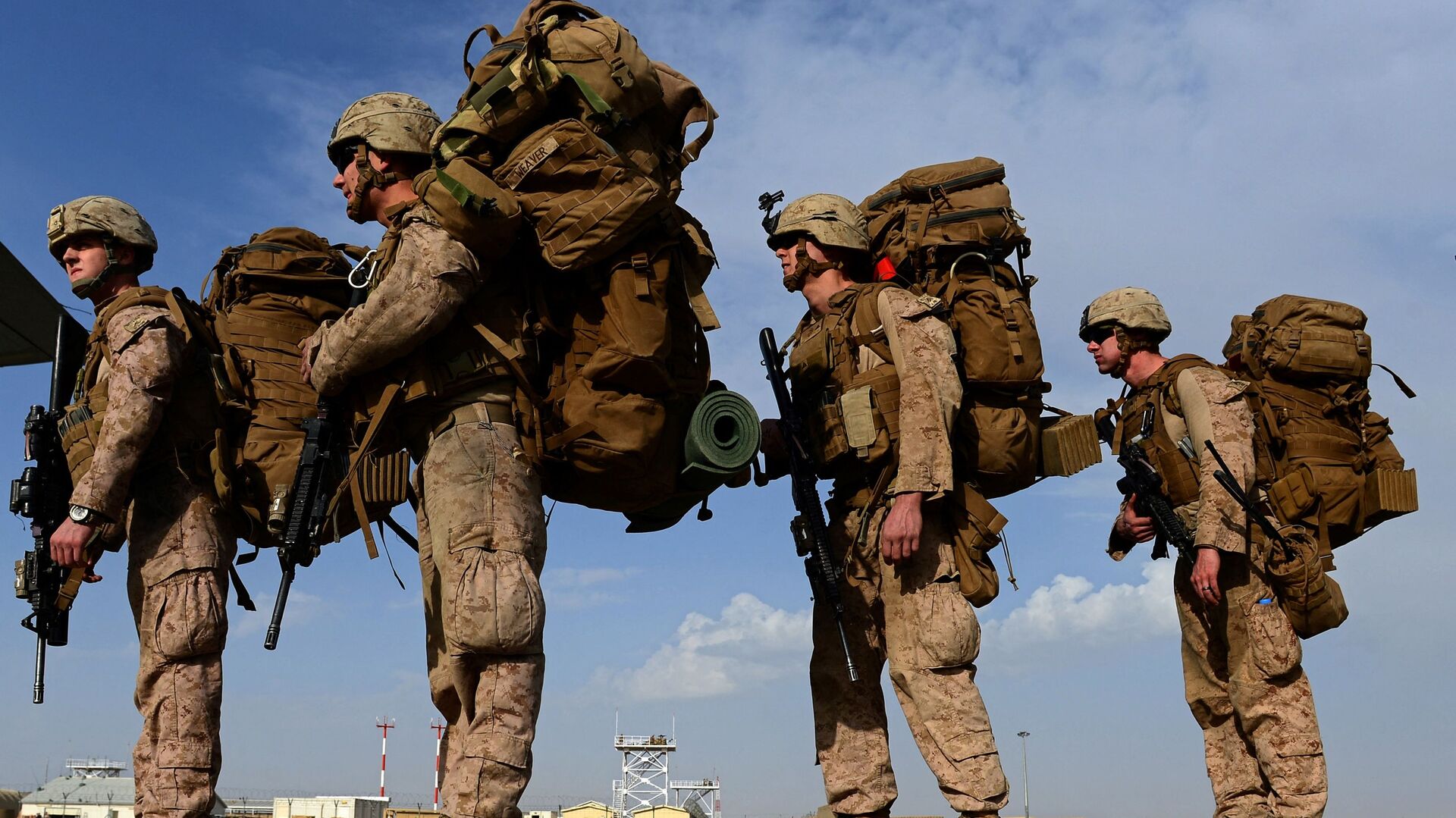As the US-led forces exit Afghanistan ahead of the 11 September withdrawal deadline, President Joe Biden has vowed to “preserve” and “support” the social and democratic gains of the last 20 years in the war-ravaged nation by means of continued American funding to the government in Kabul.
In his meeting with Afghanistan’s President Ashraf Ghani at the White House on 25 June, Biden committed $3.3 billion in aid to the Afghan National Security Forces (ANSF) to help ward off the threat from the Taliban (outlawed in Russia).
However, the Taliban, who refer to themselves as the Islamic Emirate of Afghanistan (IEA), see Washington’s continued support for the Kabul administration as interference and have vowed to dispose of the US-backed government of President Ashraf Ghani.
Suhail Shaheen, the Taliban’s chief spokesperson and a member of the peace deal negotiating team, has spoken to Sputnik in an interview:
Sputnik: A recent UN Security Council meeting claimed that the Taliban haven’t cut ties to terrorist outfits. Afghanistan’s government says that you have ties to most of the terrorist groups in the region. How would you respond to these allegations?
Suhain Shaheen: I think that our commitment in the Doha Agreement (the Taliban peace deal) is enough for everyone (questioning us over links to terrorist organisations). We will not allow anyone to use the soil of Afghanistan against any other country.
Sputnik: Could you give a view of the Taliban's relations with Pakistan? Do you see Pakistan as a foreign power, like you see Turkey, the US, or other governments?
Shaheen: Pakistan is a Muslim and friendly neighbouring country. We want good relations with them. However, we are an independent people who have fought for our independence against two invading superpowers one after another.
We voluntarily laid down our lives for this lofty cause (independence). We are making our own decisions independently, consistent with our values and interests.
Sputnik: As the US-led foreign forces exit Afghanistan, they have said that they want to "preserve the gains" of the last 20 years in the country. How do you react to these calls by Western powers and other allies?
Shaheen: What gains are they talking about? That Afghanistan became one of the most corrupt regimes in the world? That Afghanistan became one of the most unsafe places for journalists? Many journalists have been targeted in Kabul in recent years just because they criticised the Kabul administration for their inefficient and corrupt way of functioning.
Moreover, what did they do to check growing domestic violence against women? Nepotism has been on the rise. Warlords have been calling the shots. The law and order situation has consistently deteriorated.
The word "gains" is being misused in order to prolong their (Afghanistan’s government) stay in power and create hurdles in the way of peace and reconciliation.
Sputnik: China, on the other hand, has called for supporting a "moderate Muslim policy" in a future Afghanistan. The support for such a policy was reiterated at a recent trilateral meeting of the foreign ministers of China, Pakistan, and Afghanistan. China has also said that it wants to extend the China-Pakistan Economic Corridor (CPEC) into Afghanistan.
How do you see the role of China once the American troops withdraw from your country?
Shaheen: Islam is a moderate religion based on justice and fairness. We are a moderate people, as per our religion. We are (also) an independent people and don’t take dictation from any one.
We welcome cooperation from other countries in the reconstruction of Afghanistan when a new Islamic government replaces the current Kabul administration (led by President Ashraf Ghani).
Sputnik: Would it also be possible to understand what sort of talks have been going on between you and Indian officials, as being reported in Indian media?
Shaheen: I don’t know about any of these talks that are being disseminated through the media.




